Plastic injection molding company provides products and services for a variety of customers. The product that the medical profession generally needs is medical device. Different from the standard plastic injection process, injection molding of medical plastics exceeds the standard. This type of plastic injection molding service is not just a matter of plastic materials, molds and the right machine, but also about meeting the high standards set by ISO.
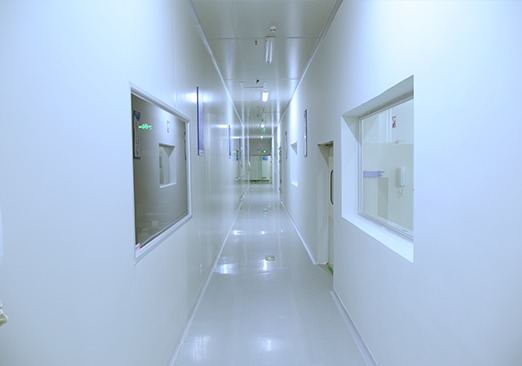
ISO standards and quality control
ISO standards are both generic, such as ISO 9001, which demonstrates that your organization meets certain basic principles related to quality management, and specific, such as ISO 13485, which indicates that manufacturing clean rooms meets certain liability and performance requirements.
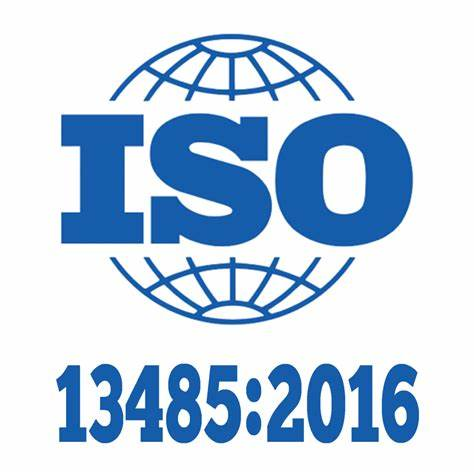
ISO itself does not ensure that manufacturers meet its requirements. The ISO officer’s job is to set standards; Other certification bodies and companies around the world are tasked with conducting audits to determine whether facilities do indeed meet or exceed these standards. In the United States, a small number of certification bodies oversee standards and provide certification.
To meet the requirements of our clients, Molded Devices are pursued and certified in the following areas.
ISO 9001:2008 certification
ISO 9001 certification essentially tells Oems that your factory is well aware of maintaining quality standards and constantly seeks to improve the level of quality it provides during the manufacturing of parts. ISO 9001 certification focuses on eight areas:
- Customer focus
- leadership
- The participation of people
- Process method
- Systems approach
- Continuous improvement
- Fact-based decision making
- Mutually beneficial supplier relationships
An ISO 9001-certified facility maintains detailed documentation of any procedures used for effective operation. Specifically, each facility needs to keep detailed records in six areas:
- Document Control (4.2.3)
- Record Control (4.2.4)
- Internal Audit (8.2.2)
- Control of nonconforming products/Services (8.3)
- Corrective Actions (8.5.2)
- Preventive Measures (8.5.3)
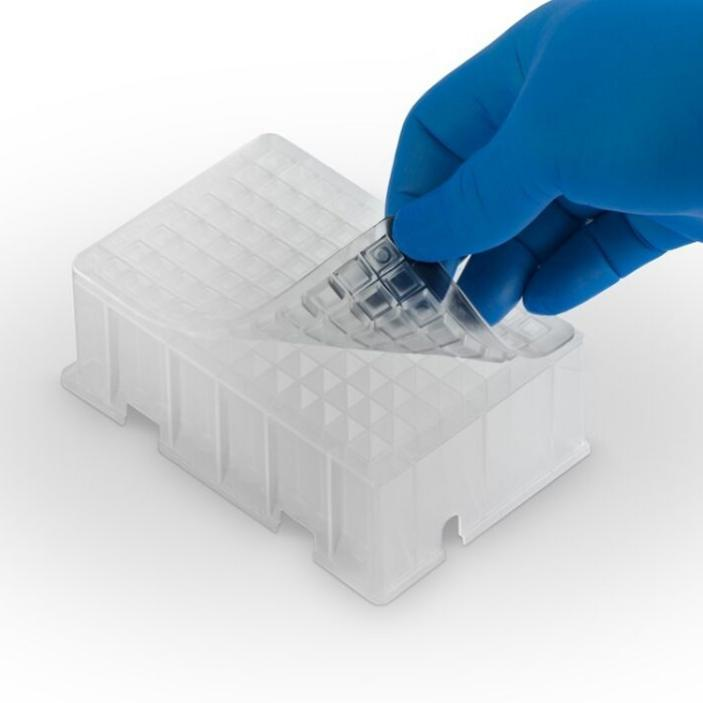
ISO 9001-certified companies are also required to maintain a written quality policy and quality manual, which includes documented operating procedures.
ISO 9001 certification is not a “once and for all” thing; Companies must renew their certificates every three years. Certification standards are also being developed regularly to reflect new techniques and methods for maintaining quality within the organization. More detailed ISO certifications are available for specific industries, such as computer software, oil and gas, and medical equipment.
ISO 13485 certification tel

ISO 13485:2022 certification
ls oems that their parts are made in a clean room environment, which is required by many medical device manufacturers in Europe, Canada, Australia and Japan. Certification requirements are similar to the FOOD and Drug Administration’s current Good Manufacturing Practice (CGMP).
ISO 13485 has many quality requirements similar to ISO 9001, but with a special focus on keeping the environment clean. Certification does not depend on any customer satisfaction feedback, such as ISO 9001, but facilities must demonstrate that they have effectively implemented and maintained the quality systems necessary to ensure that clean rooms remain clean.
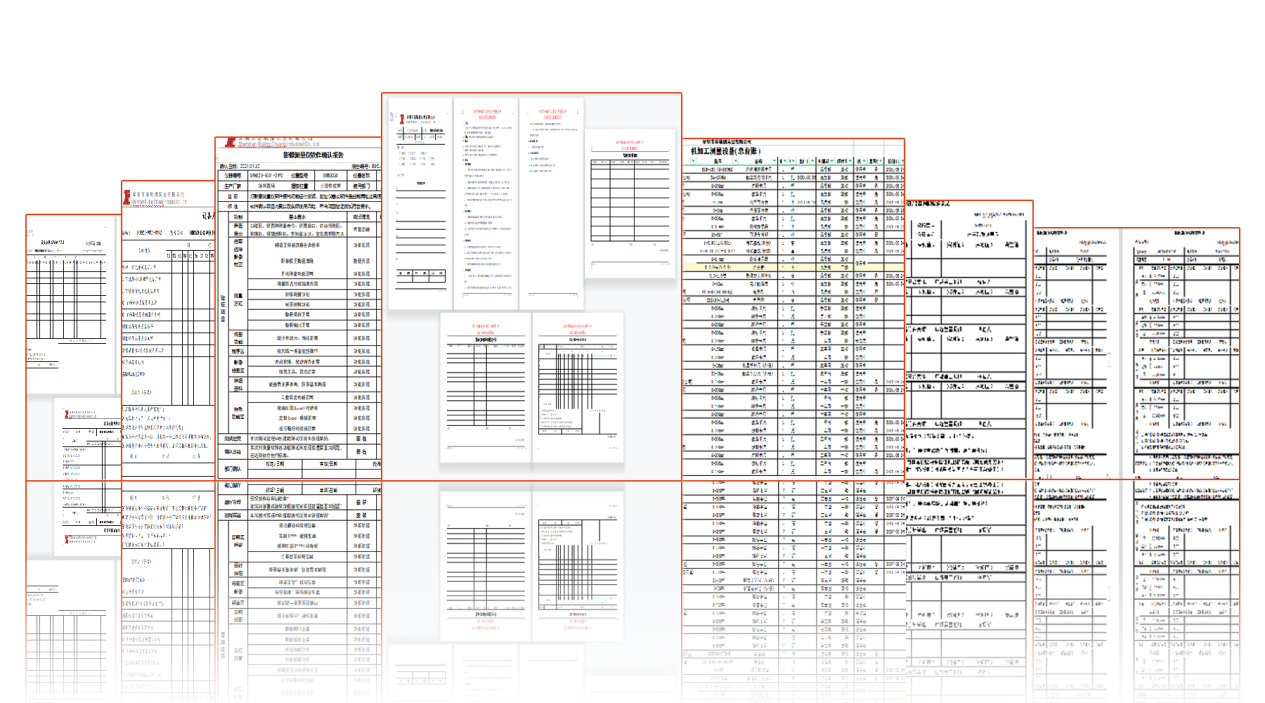
We understand the importance of meeting and maintaining ISO high standards. At RJC, we focus on two specific aspects:
Quality control capability
- Operational control
When producing medical devices, it is necessary to ensure that conditions, environment, molds, molding equipment and materials conform to and conform to the ISO quality system. To meet and exceed these standards, companies that provide plastic injection molding services must have a highly controlled product system that records arrival times and shipment times. For example, ISO-13485 states that if your equipment or control system fails to meet ISO standards for medical devices, the materials produced will not be usable. Therefore, in order for a company to provide this high-quality medical plastic for injection molding, it must renew its certification to meet certain ISO standards once a year.
- Buy a clean room assembly
Another important factor in the medical injection molding process is the environment. In order to produce high quality products in accordance with ISO standards, injection molding enterprises usually need a clean room. The company must also obtain cleanroom certification before claiming to be capable of producing ISO-certified plastic injection-molding medical devices.
In the clean room, it is necessary to ensure that particle count levels are below acceptable standards. Failure to do so may result in certification being revoked and, more importantly, customer expectations, specifications and requirements not being met.
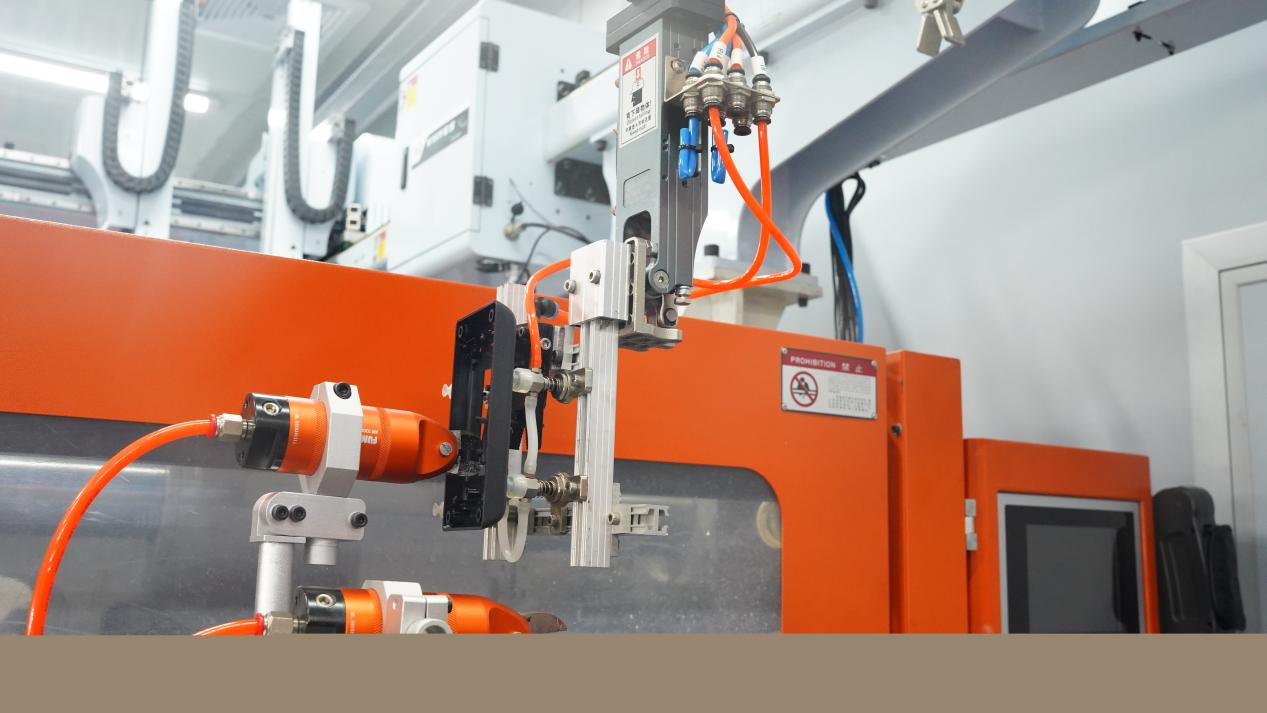
- Choose the right injection molding service
When it is necessary to choose a suitable company for medical plastic injection molding, it is necessary to choose a company that meets ISO standards. At RJC, we have the technology, capabilities, and certifications to meet and exceed all customer specifications. We work with them to ensure they receive the type of plastic injection molding service they need to produce high-quality, durable and cost-effective products
An innovative healthcare environment continues to set the pace for Oems and shapers in designing, engineering and manufacturing medical devices.
“The miniaturization trend sweeping the medical device industry is leading medical mold makers to make their own big changes — measured to a tenth of a millimeter.”
These trends are driven by the medical industry’s demand for implantable products and small medical devices for innovative procedures and devices. Shapers with modern molding equipment are meeting smaller medical equipment requirements.
- Parts become too small
It is common for Oems to present medical device designs that are not formable or manufactured to the shaper. As parts become smaller, the physical and material constraints on forming those parts increase. In such cases, the OEM and the shaper often collaborate to redesign the part. The relationship between the OEM and the shaper needs to include solid communication channels and a common understanding of the required materials and design. The sooner this collaborative process begins, the better; Shapers can benefit from more information about what oems need and what parts are used for.
This information helps the shaper design and manufacture products that meet relevant regulatory requirements. The right materials, process and design must be in place and there must be collaboration between oems and die makers to achieve the best results.
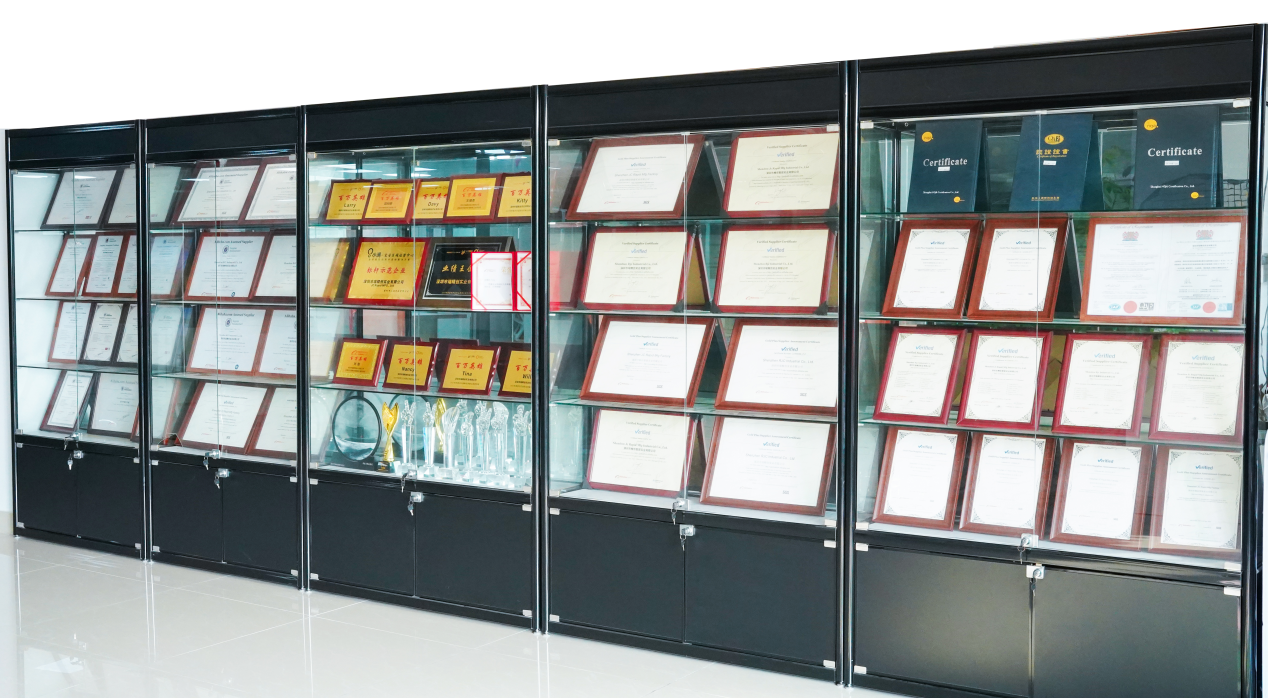
What can be done
Basically, oEms benefit when they partner with a shaper with integrated design, engineering, and manufacturing capabilities. The growing trend in the healthcare industry is the need for smaller medical devices, setting the stage for Oems and molding companies to try to meet this demand.
Since 2002, RJC has been perfecting our plastics and rubber processing solutions, including injection molding, extrusion molding and assembly engineering. At present, it has a production area of 10,000 + square meters. Injection molding machine 80+, served more than a thousand customers.
We focus on healthcare, providing world class design and engineering, always keeping pace with the innovative healthcare industry

To discuss your next order or to discuss our custom plastic molding services, please send email [email protected] to talk to one of our team members.





